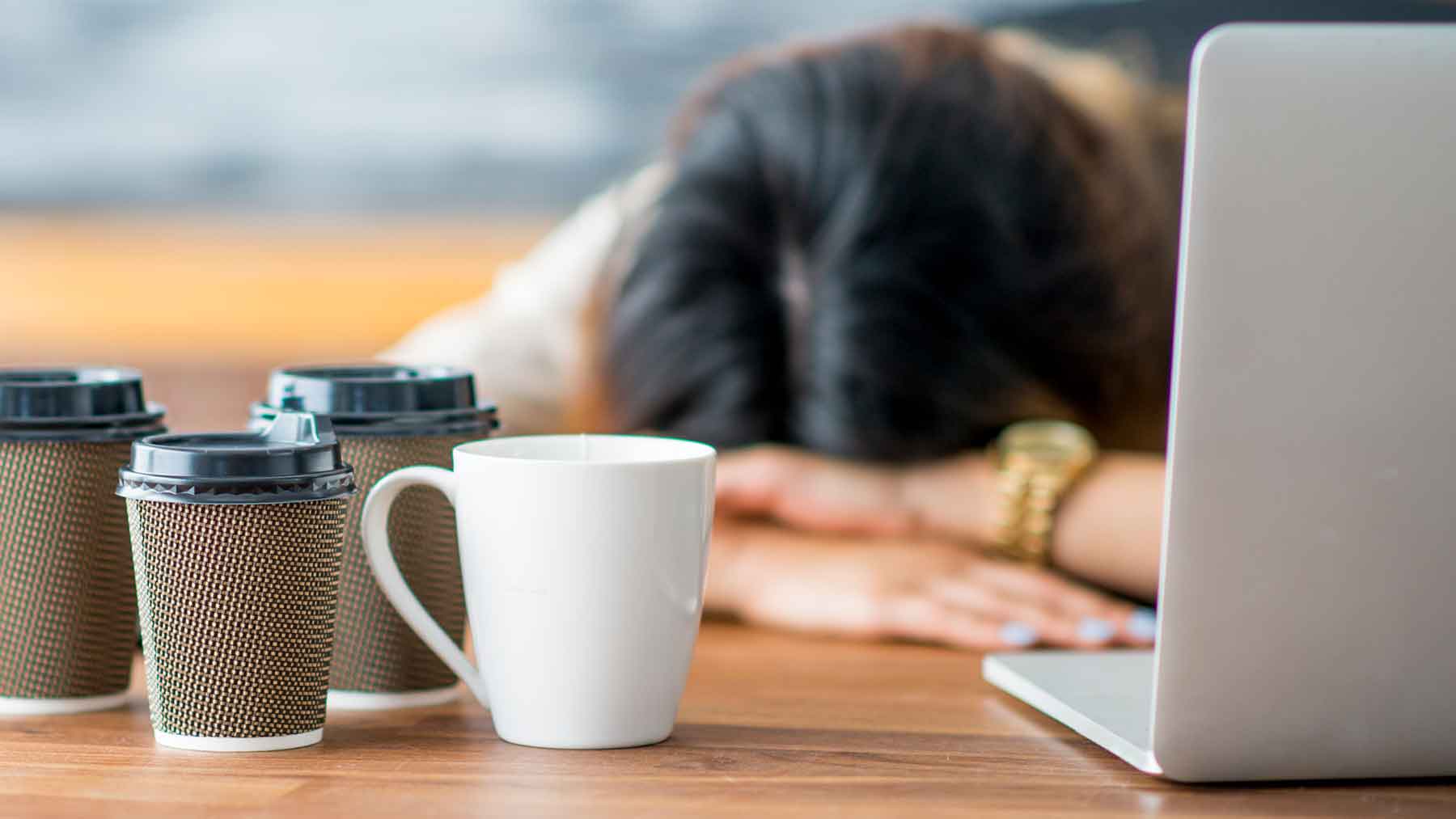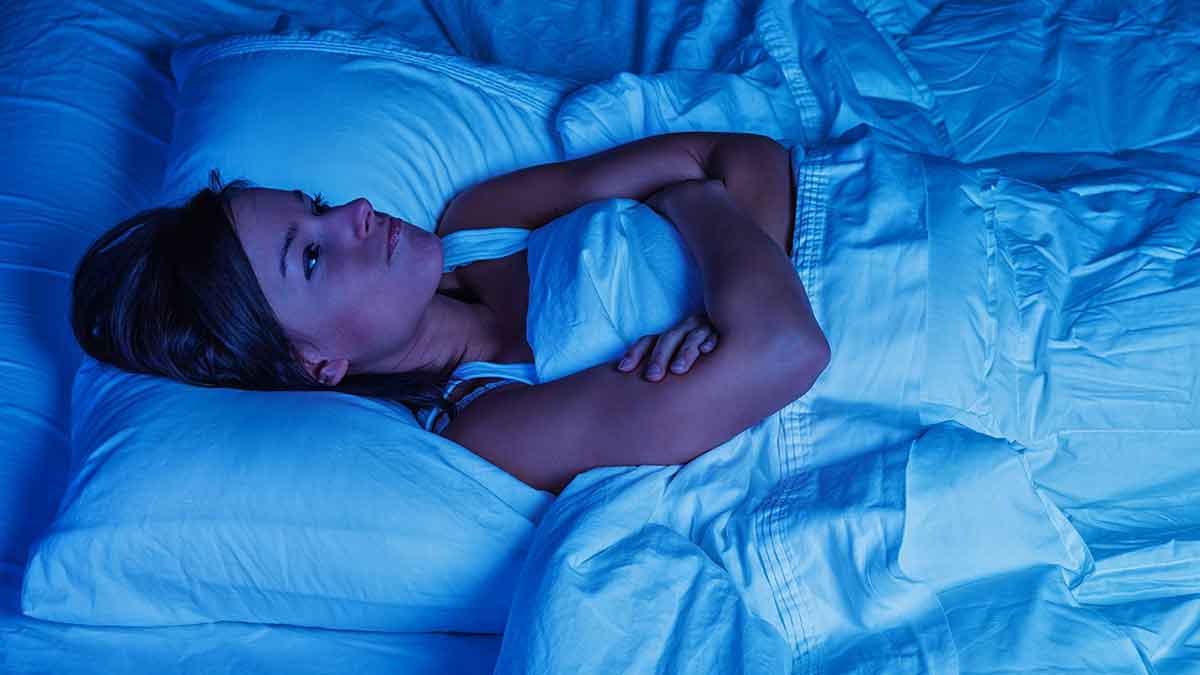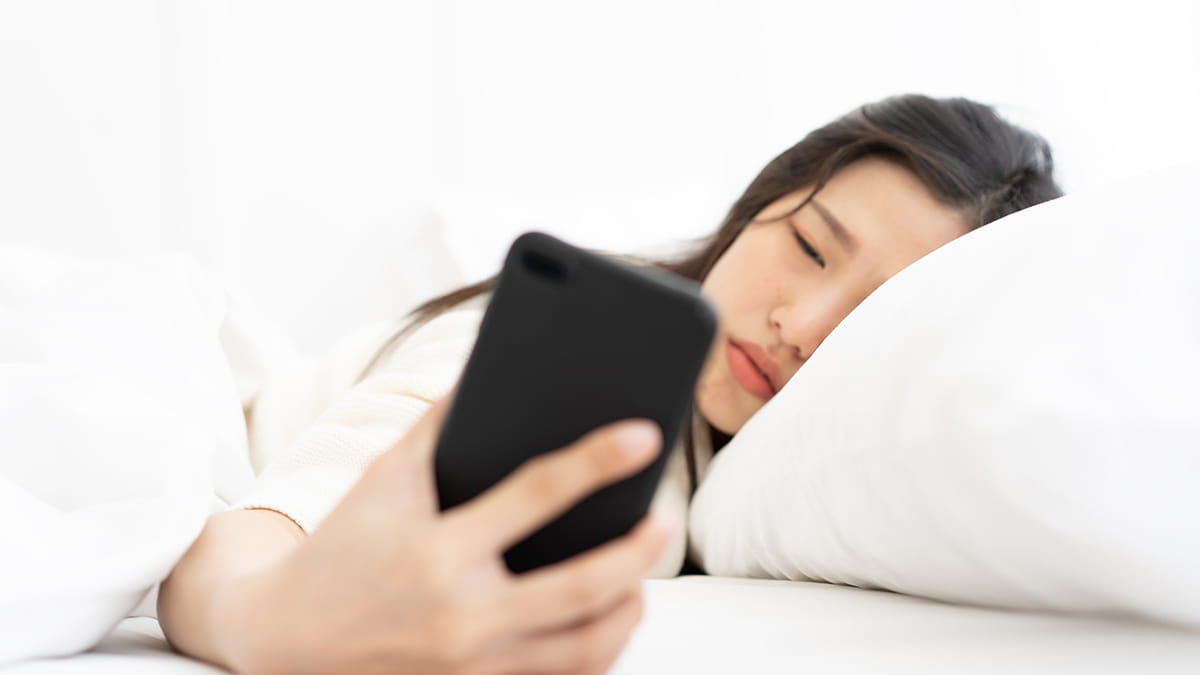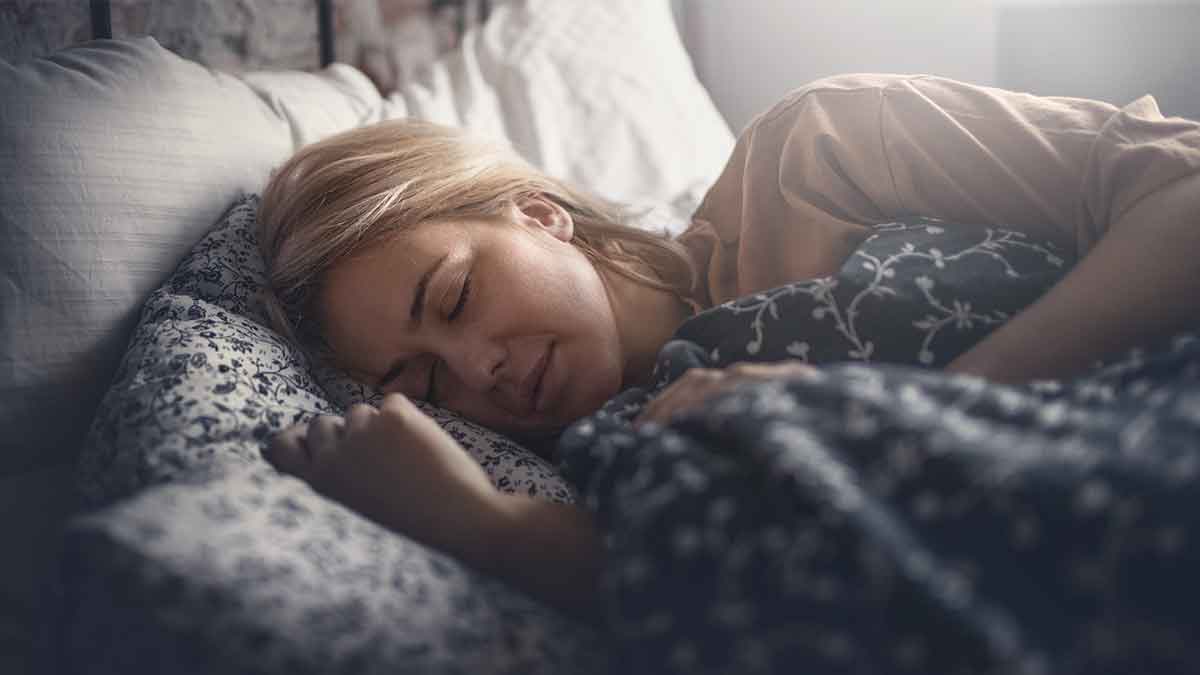Not enough sleep last night? Do's & don'ts of getting through the day

Unfortunately, in today’s busy world, having to get through the day on too little sleep is a common and reoccurring problem. Here’s what you should and shouldn’t do if you got too little sleep last night.
Do’s and don’ts
Do have some caffeine (within reason). Having a cup or two of coffee earlier in the day can help you feel more energized, but try to avoid caffeine past 3 p.m. so it doesn’t disrupt your sleep.
Don’t take a long nap. Sleeping too much during the day will throw off your regular sleep cycle and cause insomnia. If absolutely necessary, a short 20-30 minute nap can help you get through the day without preventing you from sleeping at night.
Do try to exercise. Doing exercise, particularly aerobic exercise, can help you feel more awake and alert. If you can, try to time your exercise for the times of day when you have a natural circadian lull—usually after lunch time.
Don’t skip meals, if possible. Not only is food a source of energy, but regularly scheduled meals also play a role in regulating your circadian rhythm.
Do stay safe. Since sleep deprivation can affect your coordination, you need to be mindful of whether it’s safe for you to drive. You can ask someone to drive you or even take a sick day if you’re extremely sleep deprived.
Long Term
Ultimately you can’t go long term without an appropriate duration of sleep, so it’s important to try to get enough sleep most nights.
While everyone’s exact sleep requirements are different, on average you should be getting between six and nine hours of sleep a night. Your brain is hardwired for what it needs. Getting less sleep than you need can cause sleepiness and moodiness, as well as difficulty concentrating, poor coordination and poor work quality. Chronic sleep deprivation can lead to more serious effects, such as worsening depression and anxiety, and high blood pressure and weight gain.
Overall it’s important to try to maintain a consistent and regular sleep cycle. Be aware that when you miss sleep, it’ll take a few days to get back on track.
Ryan Donald is a pulmonary, critical care and sleep physician at the Ohio State University Wexner Medical Center




